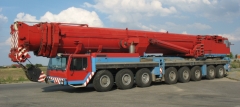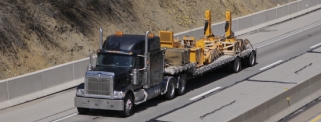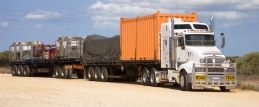As tight as capacity has been over the last 60 days, it will grow even tighter over the next six months with the up turn in the economy and the normal seasonal surge of freight movement. Simply put, there is not enough trucks nationwide to cover the freight available.
The shortage of drivers, coupled with the surge in our economy, has further heightened the capacity issue. While some regional and national Less- Than-Truckload (LTL) carriers have been overburdened because of the loss of competitors and capacity to business failures, it is primarily truckload carriers that have been forced to turn away business due to lack of personnel and equipment.
The best means to secure trucks is with as much advance notice as possible for both Truckload and LTL shipments. Better pricing and availability can be achieved through greater lead-time. Truckload availability seems to be much better on Mondays and Tuesdays and it would be to your advantage to plan shipping of your truckloads for those days.
If we at Great Western Transportation may answer any questions or assist you in any manner, please do not hesitate in contacting us at your earliest convenience.










